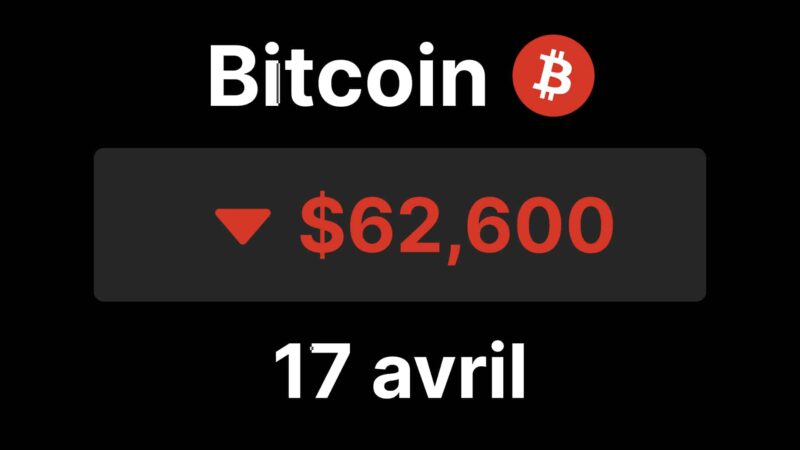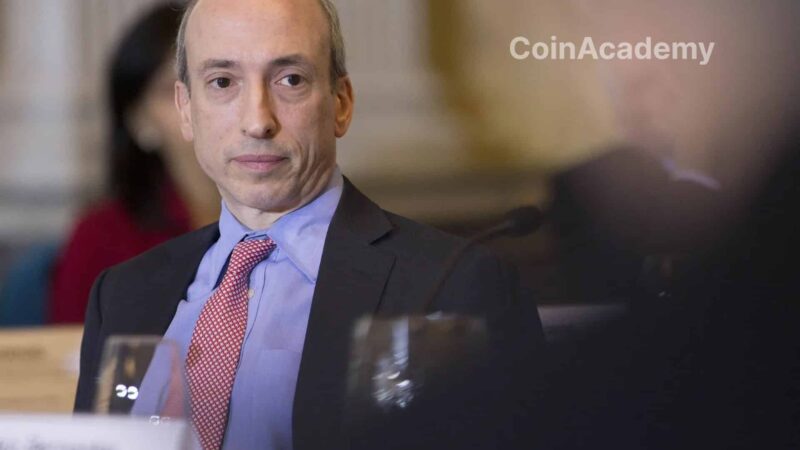The Ethereum Foundation has recently allocated $120 million worth of ether (ETH) to three major decentralized finance platforms: Aave, Spark, and Compound. This initiative marks a strategic shift aimed at generating returns on its treasury without selling its assets.
Investment Strategy in Leading DeFi Protocols
The Ethereum Foundation has recently allocated $120 million worth of ether (ETH) to three major decentralized finance platforms: Aave, Spark, and Compound. This marks a strategic shift aimed at generating returns on its treasury without selling its assets.
Targeted Allocation to Aave, Spark, and Compound
The majority of the allocation went to Aave, the largest DeFi lending platform. A total of 30,800 ETH, or approximately $81.6 million, was deposited. This amount is divided into two parts:
- 20,800 ETH ($55 million) on the Aave core market.
- 10,000 ETH ($26 million) on the Aave Lido instance, leveraging the yield of staked ETH.
Additionally, the Ethereum Foundation allocated:
- 10,000 ETH ($26 million) to Spark, a lending platform affiliated with the MakerDAO ecosystem.
- 4,200 ETH ($11.2 million) to Compound, one of the historical DeFi protocols.
Estimated Annual Returns of $1.5 Million
With an average annual interest rate of 1.5% on these protocols, the Ethereum Foundation could generate approximately $1.5 million in returns per year. This strategy allows the foundation to grow its treasury without selling ETH, thereby preserving the value of its assets while supporting the DeFi ecosystem.
A Response to Criticisms of Treasury Management
This initiative comes after the Ethereum Foundation faced criticism regarding its treasury management. Last month, it moved 50,000 ETH to a multi-signature wallet to support DeFi protocols, a decision seen as a step towards greater transparency.
Tensions within the Ethereum Community
The foundation’s financial management has been a subject of debate within the community. Historically, the Ethereum Foundation has sold ETH to cover operational expenses, sparking concerns about the potential impact of these sales on the market. Some community members have even called for governance changes, including the replacement of executive director Aya Miyaguchi.
By placing a significant portion of its funds into DeFi protocols, the EF is sending a strong signal of confidence in the future of decentralized finance. This investment strategy has the potential to generate stable returns while also strengthening the DeFi ecosystem, all while meeting community expectations for more transparent and proactive management of ether reserves.




